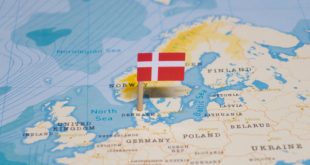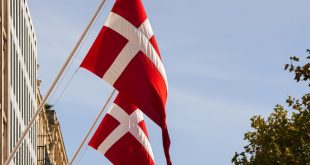Danish regulator Spillemyndigheden has ordered local internet service providers (ISPs) to block 18 sites found to be in violation of the Danish Act on Gambling.
This was just one of the key outcomes from a report based on three web searches conducted by Spillemyndigheden through December 2018 to identify those operating without the required licence from the Danish Gambling Authority.
The report, produced in collaboration with the Danish Tax Agency’s anti-fraud unit, also tracks the work the Danish Gambling Authority has done in relation to illegal gambling since regulation of the online market came into force in 2012.
The searches identified 742 problematic sites, resulting in 22 petitions sent to the website operators notifying them of their violation of the Danish Act on Gambling.
Spillemyndigheden eventually ordered local internet service providers to block 18 of the offending gambling sites who failed to respond to these petitions. 2018’s figures were swayed by the February decision to overrule the ISP’s protests to Spillemyndigheden’s orders.
The report stated: “The number of websites with an illegal supply of gambling products that are found through web searches is continuously low. This matches the Danish Gambling Authority’s impression of the illegal market: that still fewer websites with gambling products directed at Denmark appear.
“However, websites with illegal marketing and promotion of gambling still pose a challenge.“
The same report also predicted that that the next ‘blocking session’ will include 20-25 skin betting sites, after flagging 95 potentially problematic esports ‘skin betting’ sites.
The ruling ordering the closure of 18 domains remains considerably lower than the 31 notices issued to rogue operators in 2017. It is, however, the highest number of domain-blocking orders issued by the Danish authorities since the market liberalisation in 2012.
Spillemyndigheden has also turned its attention towards cracking down on the rising number of illegal gambling groups operating on Facebook, the majority of which is in the form of lotteries that are in contention with local monopolies.
Danish authorities have worked alongside Facebook in a bid to report illegal content on the site, which has led to the closure of four such groups in 2018 that have provided illegal gambling services.









